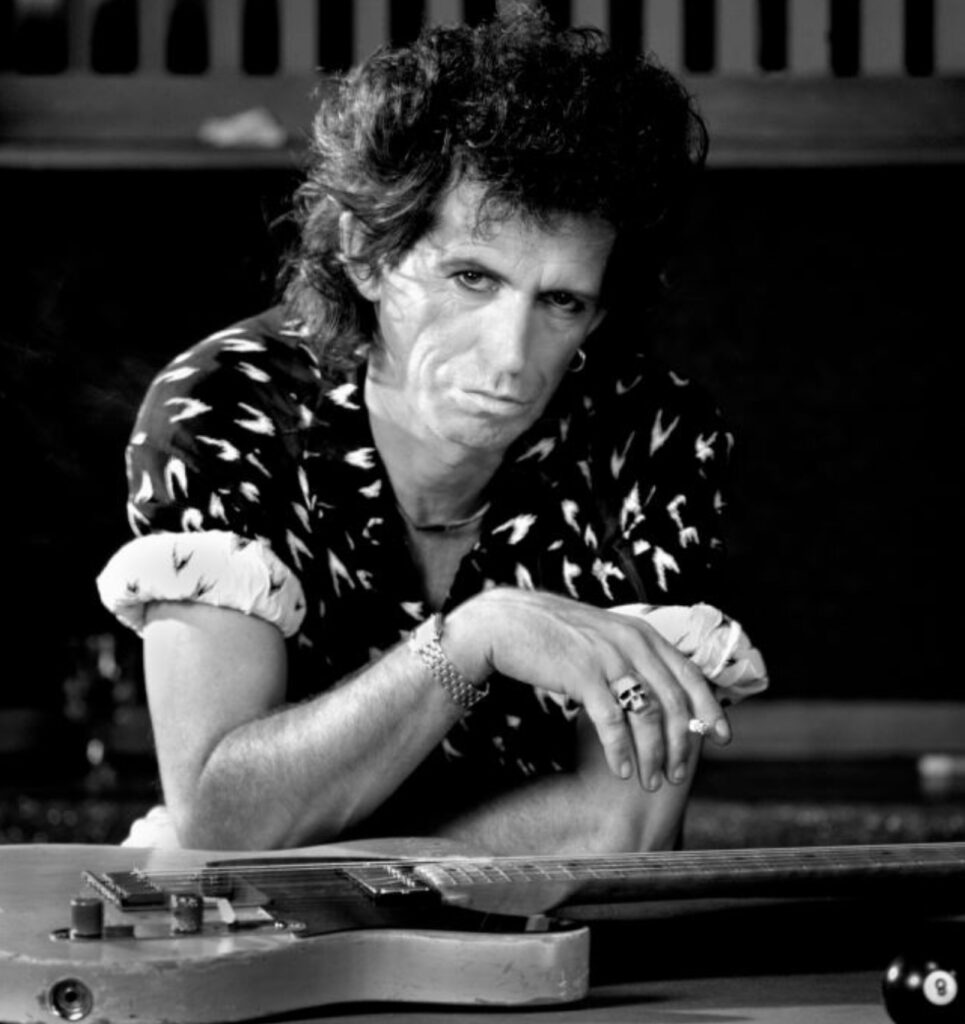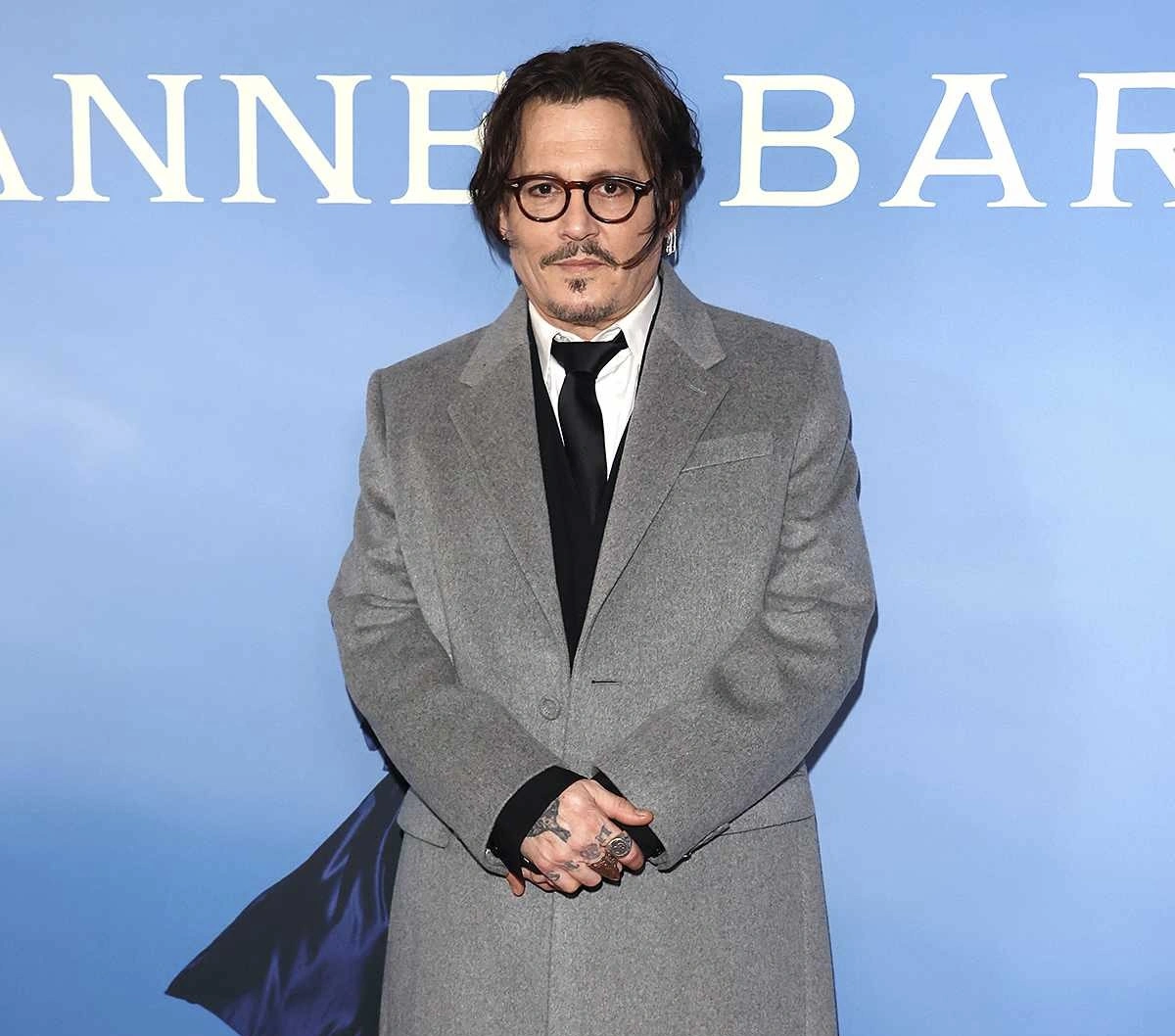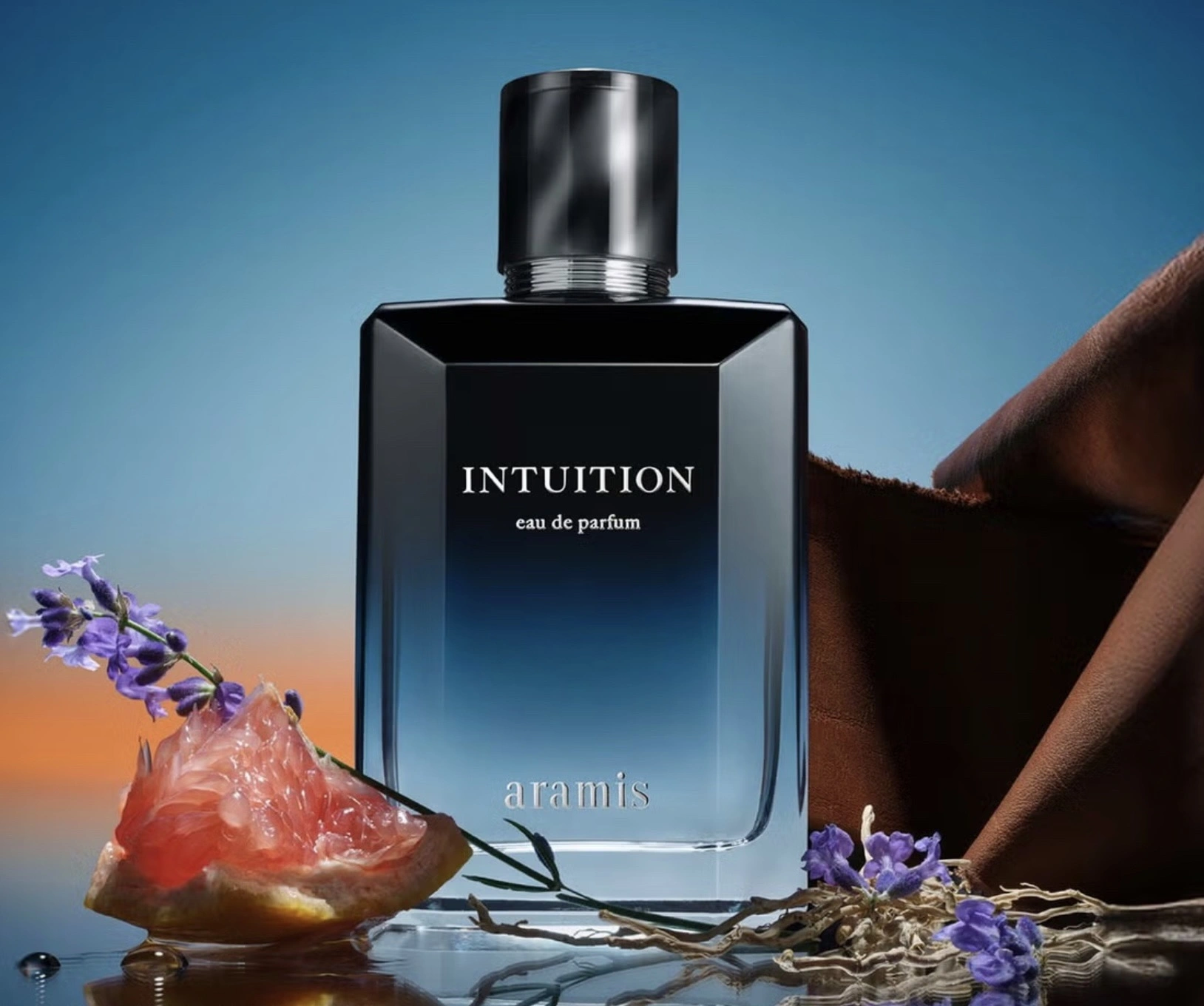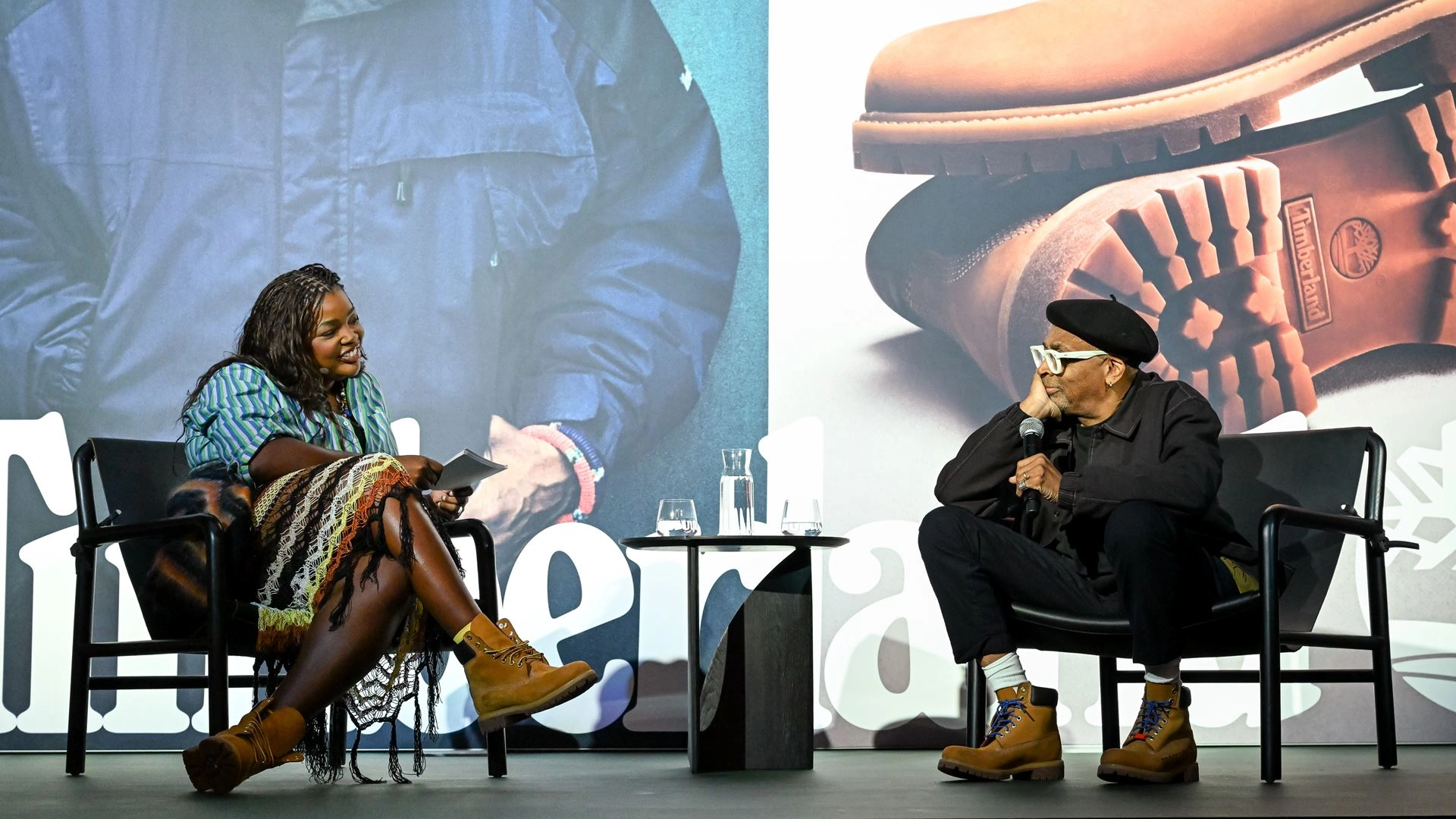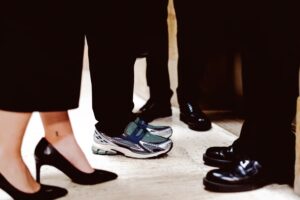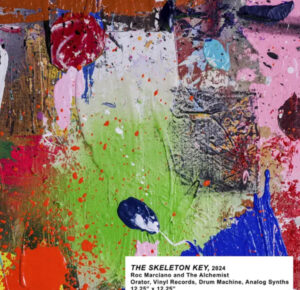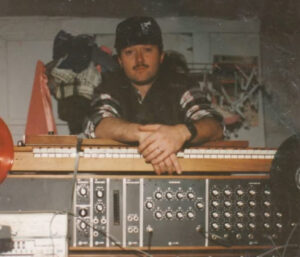The interviewer for this particular segment with Keith Richards was Bjørn Erichsen, a Danish journalist and producer who worked on the popular Friday night TV show Eleva2ren in Denmark. Erichsen was known for his engaging and dynamic interviews with high-profile guests, including iconic musicians like Keith Richards. (below, a narrative depiction)
In 1988, I had the unique pleasure of sitting down with Keith Richards for an interview on Denmark’s most popular Friday night TV show, Eleva2ren. Keith had just embarked on a solo journey, touring with his band, The X-Pensive Winos, following the release of his debut solo album, Talk Is Cheap. As a lifelong fan of The Rolling Stones, the opportunity to meet and speak with one of rock’s most iconic figures felt almost surreal. Yet, what struck me most about Keith wasn’t the myth of the wild rock star but the man himself—authentic, funny, and surprisingly down-to-earth.
When Keith arrived for our meeting, he was in high spirits, despite having had what he admitted was a long night. It turns out his evening hadn’t been spent in the usual rock star fashion. Instead, he’d stayed up late playing chess with his father. This unexpected revelation was classic Keith—defying expectations and showing a side of himself that few get to see. The night ended with another story that only Keith Richards could tell: while walking home through the streets of London, his scruffy appearance caught the attention of a police patrol. Mistaking him for a vagrant, the officers stopped to question him, only to recognize him as the Keith Richards of The Rolling Stones. Rather than admonishing him, they graciously offered him a ride home.
As we began the interview, Keith was his charming and candid self, speaking with the unmistakable gravelly voice that has become synonymous with rock ‘n’ roll. Naturally, I had to ask him about The Rolling Stones’ often-quoted claim of being “the greatest rock ‘n’ roll band in the world.” He smiled and shrugged in that effortless way of his, before replying, “On some nights, yeah. But not all nights.” It was a typically disarming and honest answer—modest, but not without a touch of cheeky pride.
At the time, The Rolling Stones were on a temporary hiatus, with Mick Jagger pursuing his own solo career. Keith, never one to sit idle, had seized the opportunity to create something new. His solo album, Talk Is Cheap, was a raw and energetic collection of tracks that allowed Keith to explore a different side of his creativity. It was a project born of freedom and necessity, he explained. “When Mick’s doing his thing, I do mine,” he said, with a sly grin.
To bring Talk Is Cheap to life, Keith assembled a group of world-class musicians, whom he affectionately called The X-Pensive Winos. “We wanted to keep it simple but tight,” he said, describing the band’s dynamic. The lineup included drummer Steve Jordan, guitarist Waddy Wachtel, and keyboardist Ivan Neville, among others. Their chemistry was palpable, both on the record and on stage. Touring with the Winos was a refreshing change of pace for Keith, a chance to connect with audiences in smaller, more intimate venues—far from the massive stadiums that The Rolling Stones were accustomed to. “It’s different when it’s just you out there,” he admitted. “No Mick, no Stones—just the music.”
Still, it was clear that The Rolling Stones remained at the core of who Keith was. When I asked about his relationship with Mick, he didn’t shy away from the complexities of their partnership. “We’re like brothers,” he said. “We fight, sure, but we’ve been through so much together. The music always brings us back.” That bond, forged over decades of collaboration, had its ups and downs, but it was also the driving force behind some of the greatest songs in rock history.
Keith spoke passionately about the album and the tour, but there was no doubt in my mind that he saw it as a temporary detour rather than a new direction. “The Stones are my family,” he said simply. “I’ll always come back.” Indeed, his time with The X-Pensive Winos seemed to have reinvigorated him, giving him a fresh perspective to bring back to the band.
What struck me most about Keith during our conversation was his incredible sense of humor and self-awareness. He didn’t take himself—or the rock star mythos—too seriously. At one point, he leaned back in his chair, lit a cigarette, and said, “At the end of the day, it’s all about the music, man. The rest of it—fame, money, the madness—it’s just noise.” That statement stuck with me because it felt like the purest distillation of who Keith Richards is: a man who lives and breathes music, who has seen and done it all but remains grounded in his love for the art.
As we wrapped up the interview, Keith did something that endeared him even more to me and, undoubtedly, to the Danish audience. He leaned into the camera, smiled, and said, “Cheers to everyone watching at Eleva2ren. Keep rockin’!” It was a small gesture, but one that showed how much he valued the connection with his fans. Keith Richards may be a global superstar, but in that moment, he felt like a friend sending a message across the miles.
Walking away from the interview, I reflected on the many layers of Keith Richards—the rock ‘n’ roll legend, the devoted father, the restless creative spirit, and the humble, funny, and thoughtful man I’d had the privilege of speaking with. Behind the tabloid stories and the larger-than-life persona was someone who had not only survived the excesses of rock stardom but had emerged with his passion for music—and life—intact.
For me, that interview wasn’t just a professional milestone; it was a reminder of why I love this job. Getting to sit across from someone like Keith Richards and hear his stories firsthand was an unforgettable experience. He wasn’t just a rock star that day—he was a storyteller, a philosopher, and, most importantly, a man who has lived life to the fullest. And for that, I’ll always be grateful.
No comments yet.

